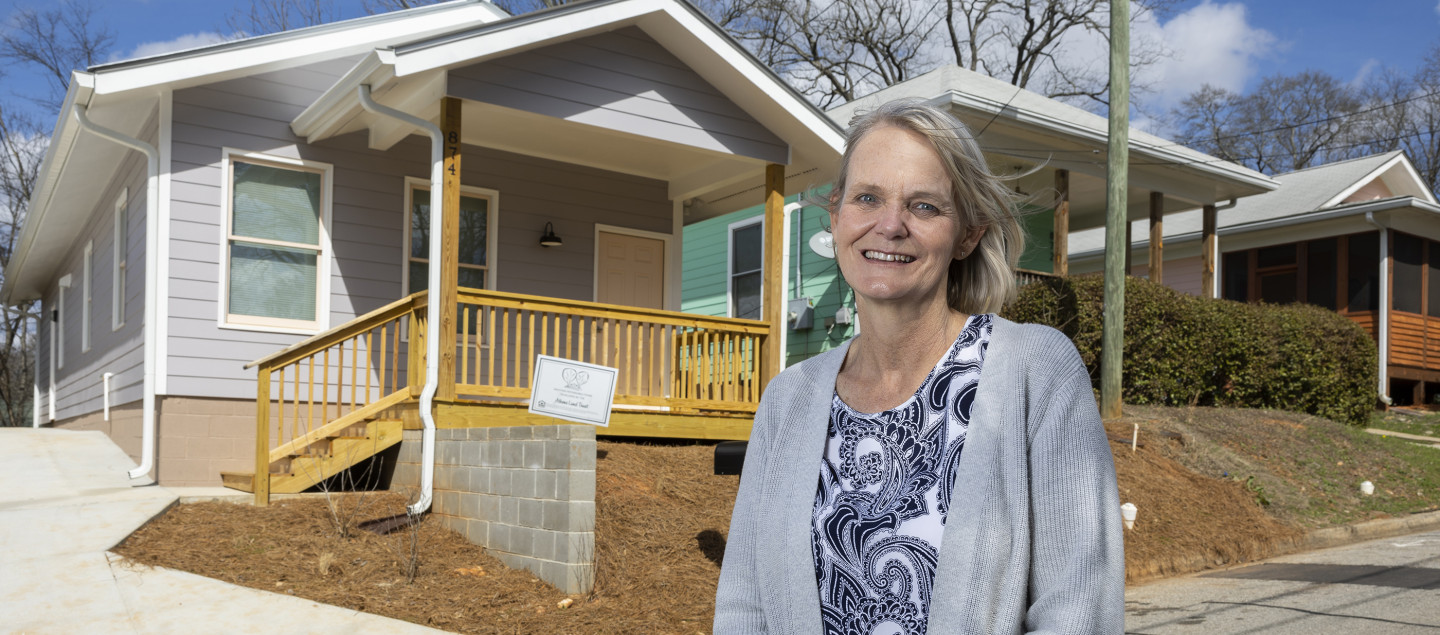Class research project produces award-winning paper

Students in Kim Skobba’s Graduate Research Methods course faced a unique opportunity in the fall of 2020.
Due to a smaller class size caused by student deferrals and uncertainties surrounding in-person instruction due to the pandemic, Skobba gave the students the option to either write individual research papers or work together on a statewide housing survey.
Intrigued by the idea of collaboration, the students chose the survey project and quickly began collecting data and analyzing results.
Their efforts resulted in an award-winning paper that was published in the Family and Consumer Science Research Journal in June 2022 that has shed light on how local leaders view housing in their communities.
Co-authored by Francisco Diaz-Valenzuela, Marlena Holman, Yu Zhang and Skobba, a faculty member in the College of Family and Consumer Sciences, the research delved into the perspectives of local government leaders regarding housing access and opportunities for low-income and households of color.
While the survey results indicated that many local elected officials and staff were aware of the segregation in their communities based on income, race and ethnicity, there was a contrast between their perceptions and the available housing data.
The leaders tended to view housing access as equitable, despite census data suggesting otherwise.
The students and Skobba received the prestigious Best Paper award at the American Association of Family and Consumer Sciences annual conference in June for their efforts.
“This achievement is a testament to their dedication and the importance of their research in addressing housing disparities,” Skobba said. “Working alongside these exceptional students on this project has been enlightening. Their dedication and the depth of their research has advanced our understanding of how local decision-makers view housing access in their communities.”
Originally conceived as a service-learning project for the Georgia Department of Community Affairs, the work will undoubtedly resonate within academic and policy circles, Skobba said.
“This research highlights the need for education and resources that contribute to more equitable housing practices in communities throughout Georgia,” she said. “I’m honored to have collaborated with them.”